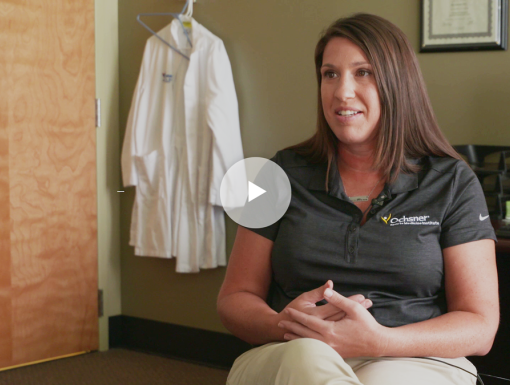
Shoulder Pain: What Causes It and How to Find Relief
Discomfort in the shoulder comes in many forms and can be the result of a sudden sports injury, fall or accumulated wear and tear over time. The good news is that there are many treatment options available to help get you back to feeling your best.
What are some common causes of shoulder pain?
There are many possible causes of shoulder pain including shoulder instability (dislocation or subluxation), soft tissue inflammation, tendon inflammation/tears, arthritis and fractures (broken bones). These problems can develop slowly over time or suddenly with an injury.
One of the most common causes of shoulder pain is inflammation of the soft tissues around the shoulder – this includes “bursitis” (irritation of the bursa above the rotator cuff) and “tendinitis” (irritation of the rotator cuff tendons and biceps tendon). Sometimes the rotator cuff and biceps tendons are torn – this can cause significant pain, loss of motion and limitations in functional use of the arm.
Shoulder instability refers to the humeral head – the “ball” of the shoulder joint – moving improperly in relation to the shoulder socket. This may present as “subluxation “– pain and uncomfortable sensations when the arm is in a position of stress because the ball is moving too far forward or backward on the socket. Sometimes the shoulder is so unstable that the ball completely moves away from the socket. This is called a dislocation. It often occurs as the result of an injury but over time can re-occur more easily without trauma.
Arthritis is inflammation of the shoulder joint. The most common form of this is osteoarthritis which is caused by wear and tear on the joint over time. Osteoarthritis occurs when the cartilage covering the bones in the shoulder wears away and leaves a rough surface and exposed bone. This can be extremely painful and cause limitations in motion of the joint.
Some patients with shoulder pain are experiencing pain from an irritated nerve in the neck. This can radiate down the arm and mimics pain coming from the shoulder.
How do you know if you tore your rotator cuff?
Common symptoms of rotator cuff tears include pain at night, pain or weakness with shoulder motion or with lifting and the inability to raise the arm overhead.
It is common for pain from a rotator cuff injury to radiate to the side of the arm. Many patients mistake this as deltoid pain or pain from the muscles in the upper arm.
How can shoulder pain be treated at home?
Shoulder pain without an injury can be treated with over-the-counter medications, ice and avoidance of painful activities. Check with your doctor if you are unsure about which over-the-counter medications are safe for you to take.
Diagnosis may require imaging such as X-rays, CT or MRI.
Many patients with chronic shoulder pain improve with non-operative treatments such as prescription medications, injections, avoidance of painful activities, and physical therapy. If these treatments are unsuccessful, surgery may be necessary to relieve pain and improve function.
When should you see a doctor?
If you have an injury with severe pain or an inability to move your arm, you should be evaluated by a physician as soon as possible to rule out a fracture or dislocation of the shoulder.
If your pain does not improve with over the counter medications and rest, the next step is a visit with an orthopedic surgeon specializing in shoulder pain and injuries.
What will happen at a visit with an orthopedic surgeon to evaluate shoulder pain?
Your doctor will ask you questions about your pain to better understand the potential cause. A physical exam will be performed to pinpoint the source of the pain. X-rays are usually obtained to look for causes of pain such as arthritis, instability or broken bones. You and your doctor will then discuss a treatment plan to get you feeling better. This may include prescription medications, physical therapy, or injections. Sometimes a CT or MRI is needed to identify the cause of your shoulder pain.
Why does shoulder pain tend to be worse at night?
Night pain is common complaint in patients experiencing shoulder pain. It is one of the most common complaints in patients presenting with rotator cuff disease. The reasons for worsening of pain at night are unclear but are likely due to multiple factors.
There has been some recent research on the influence of normal daily hormone fluctuations on pain. Cortisol decreases at night and this may contribute to worsening nighttime pain. Some studies have shown a possible link between increased melatonin levels at night and an increase in pain.
Shoulder pain often gets worse in certain positions. Not changing positions as frequently while sleeping and laying on the painful side may make the pain worse. This can happen even if the person tries to avoid sleeping on the painful side – we often change positions while not fully awake and may move onto the painful side without realizing it.
Lastly, there are less sensory distractions to our brain at night. We are exposed to more sensory stimulation during the day with changes in noise levels, light, temperature, etcetera. Sleep environments are typically more controlled and consistent with consistent light, noise land temperature. Because of this it is easier for your brain to focus more on the pain which may make it more noticeable.
Are you suffering from shoulder pain? Schedule an appointment with Dr. Lindsey Liuzza to learn about your treatment options.



